The Important Link Between Sleep and Workplace Performance
It shouldn’t surprise you that sleep deprivation can dramatically affect your performance at work. When you’re tired, your brain cannot process information as quickly or retain information as readily as when you’re rested.
The pressures on both our personal and professional lives seems to be increasing, and sleep is often the first thing that is compromised. Heavy workloads, irregular work patterns, schooling and parental responsibilities can be time consuming and that’s before we start to think about the additional commitments we place on ourselves.
Whilst time management is a skill many of us learn, these realities can occupy our mind outside of the time we spend performing these duties and peace of mind is essential for healthy sleep and effective rest. This sometimes results in sleep slipping down our list of priorities.
A lack of focus, diminished creative capabilities, reduced motivation to learn and a compromised capacity for effective communication are common effects of sleep deprivation, but it can also have a detrimental effect on our physical wellbeing.
A decreased immune function can make a person susceptible to common illnesses, which in turn can affect your capacity to work or even attend work. Long term sleep deprivation can lead to more serious conditions such as heart disease, obesity and diabetes.
It can also lead to psychological effects. In extreme cases, it can lead to paranoia, hallucinations and memory loss. In less extreme cases, it can still compromise teamwork and communication skills. Frayed nerves and moodiness can impact on social relationships that are essential in the workplace.
Diminished cognitive performance and abilities can have a huge effect on work performance. Perception, judgement, reaction time and decision making can be compromised to varying degrees because of sleep loss. But it can mean much more than this!
The following skills and abilities that are compromised due to lack of sleep:
Comprehending and communicating in rapidly changing environments
Producing innovative solutions to problems
Displaying emotional intelligence (empathy, self-awareness, self-confidence)
Assessing risk and anticipating consequence
Multi-tasking and decision making
Irritability increases, approachability decreases
Stress increases, focus decreases
The National Sleep Foundation recommend the following guideline per age group!
Infants (4-11 months): Sleep range required 12 -15 hours
Toddlers (1-2 years): Sleep range required 11-14 hours
Preschoolers (3-5): Sleep range required 10 -13 hours
School age children (6-13): Sleep range required 9 -11 hours
Teenagers (14-17): Sleep range required 8 -10 hours
Younger adults (18-25): Sleep range required 8 -10 hours
Adults (26-64): Sleep range required 7 - 9 hours
Older adults (65+): Sleep range required 6 - 7 hours
As employers, we must try to educate our employees on the importance of sleep and ensure they’re not taking too much workload home which could interfere with sleep. Taking time to fully rest and recuperate is essential for workplace productivity.
In summary: We need to stop seeing sleep as a luxury and acknowledge that it’s essential for our cognitive abilities, physical wellbeing and mental health. By doing this, we reduce the chances of suffering from stress and anxiety and enhance our personal and professional performance. Employers need to ensure that employees have the time and ability to switch off away from work and fully rest and recuperate.


